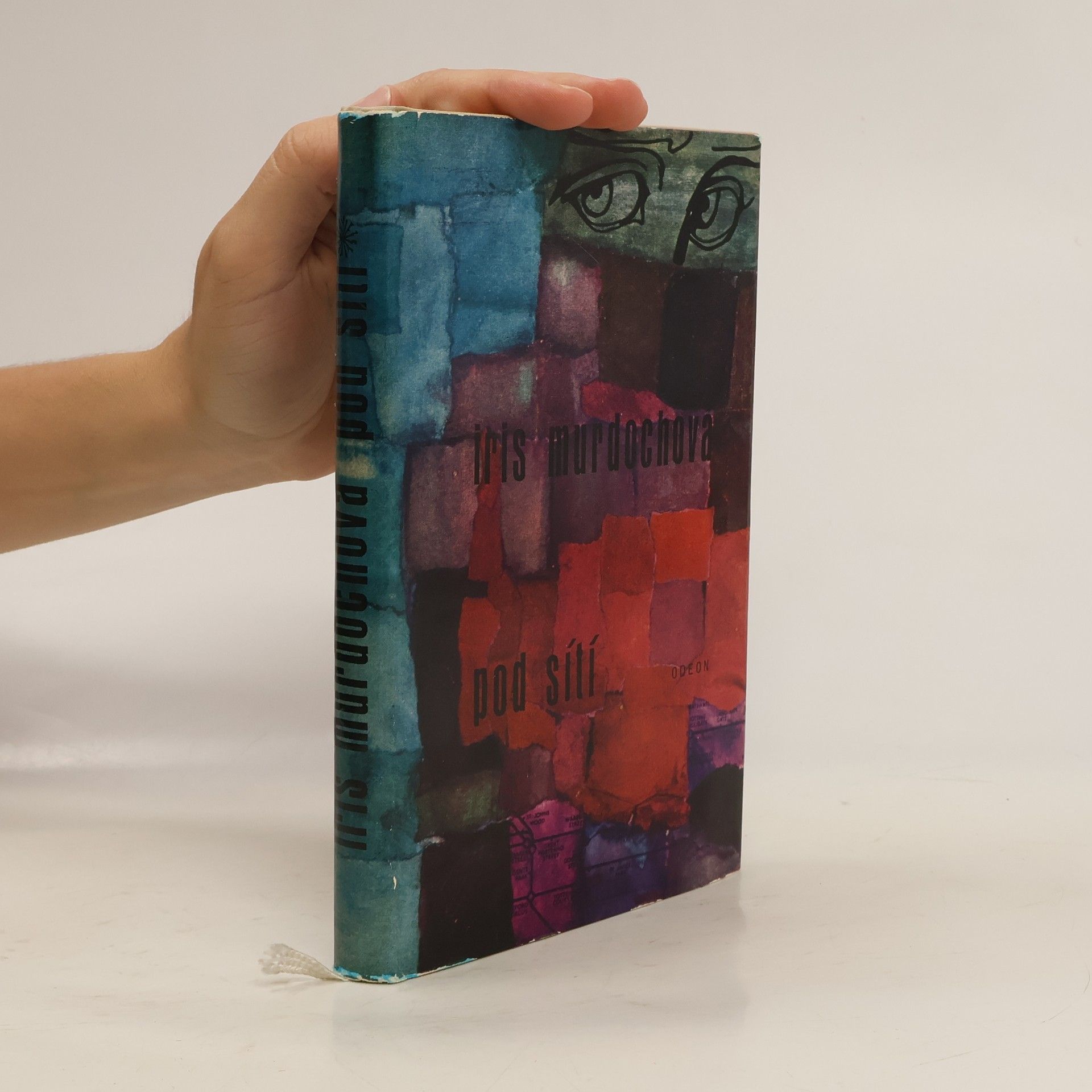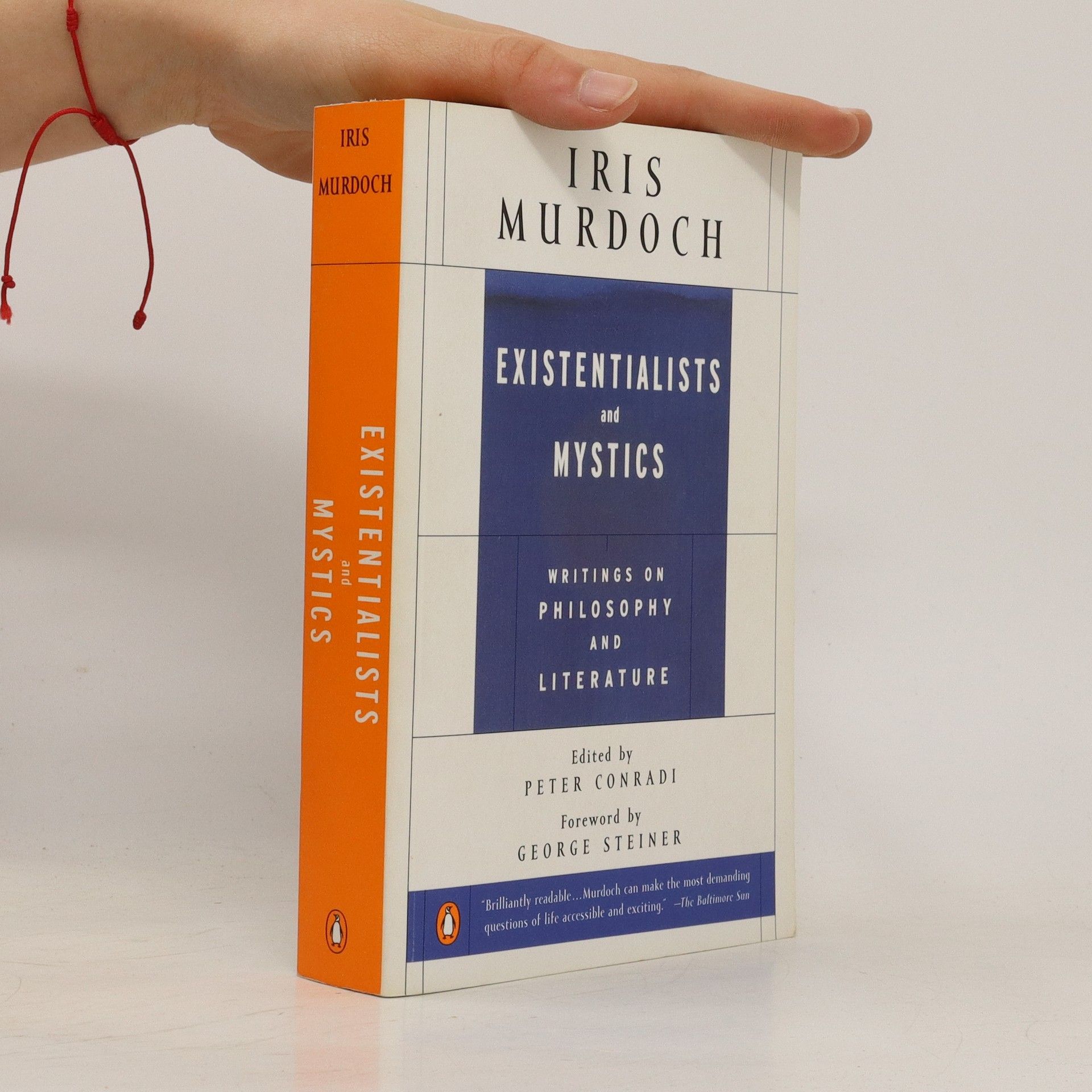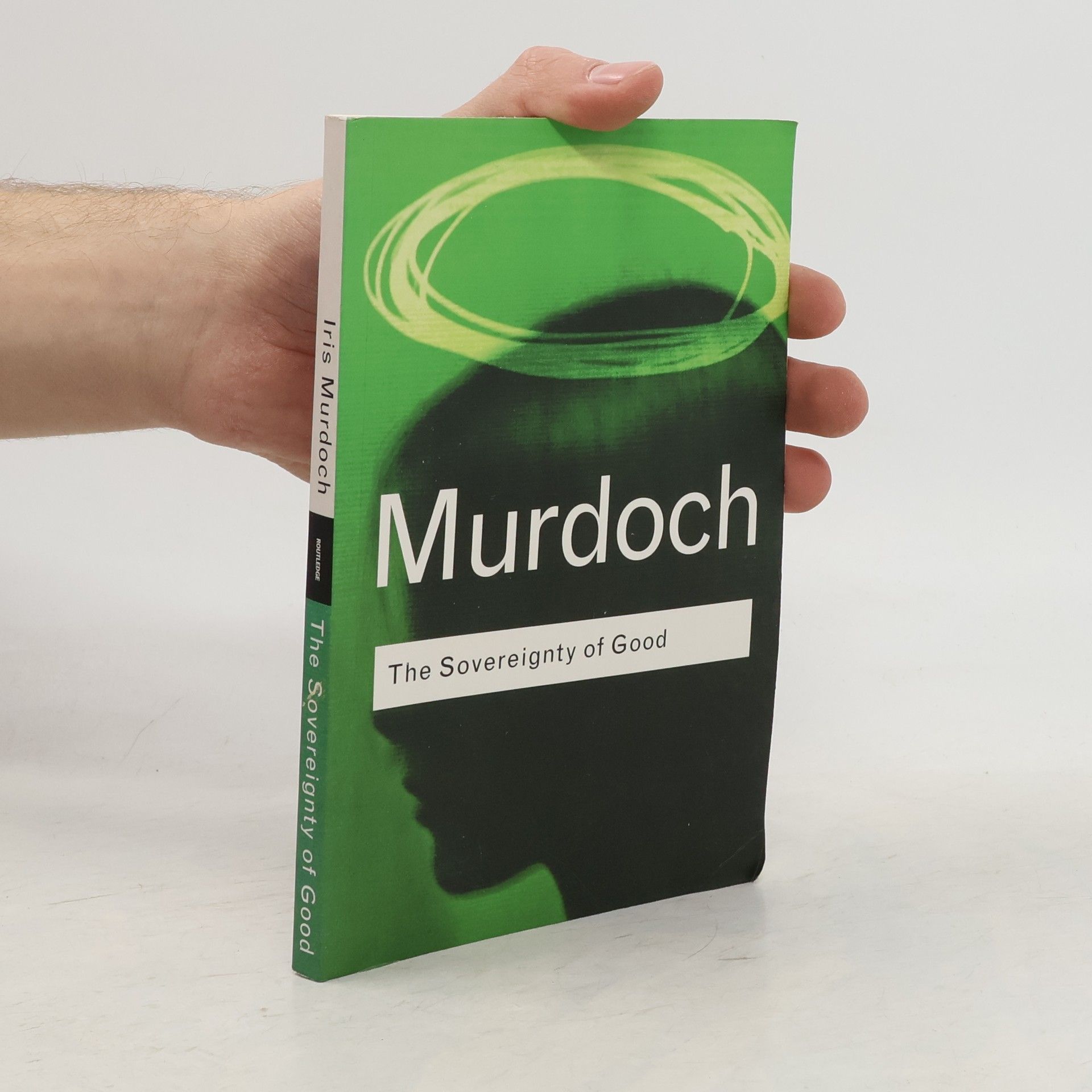Iris Murdoch Knihy
Írsko-britská spisovateľka a univerzitná profesorka Iris Murdoch sa vo svojej tvorbe venovala každodenným etickým a morálnym dilemám, často s odkazmi na mýty. Ako spisovateľka bola pedantná a nedovolila redaktorom meniť jej texty. Jej romány skúmajú komplexnosť ľudskej morálky a slobodnej vôle v živo vykreslených svetoch. Murdoch sa snažila osloviť široké publikum prostredníctvom pútavých príbehov, filozofických myšlienok a jedinečnej atmosféry svojich diel.



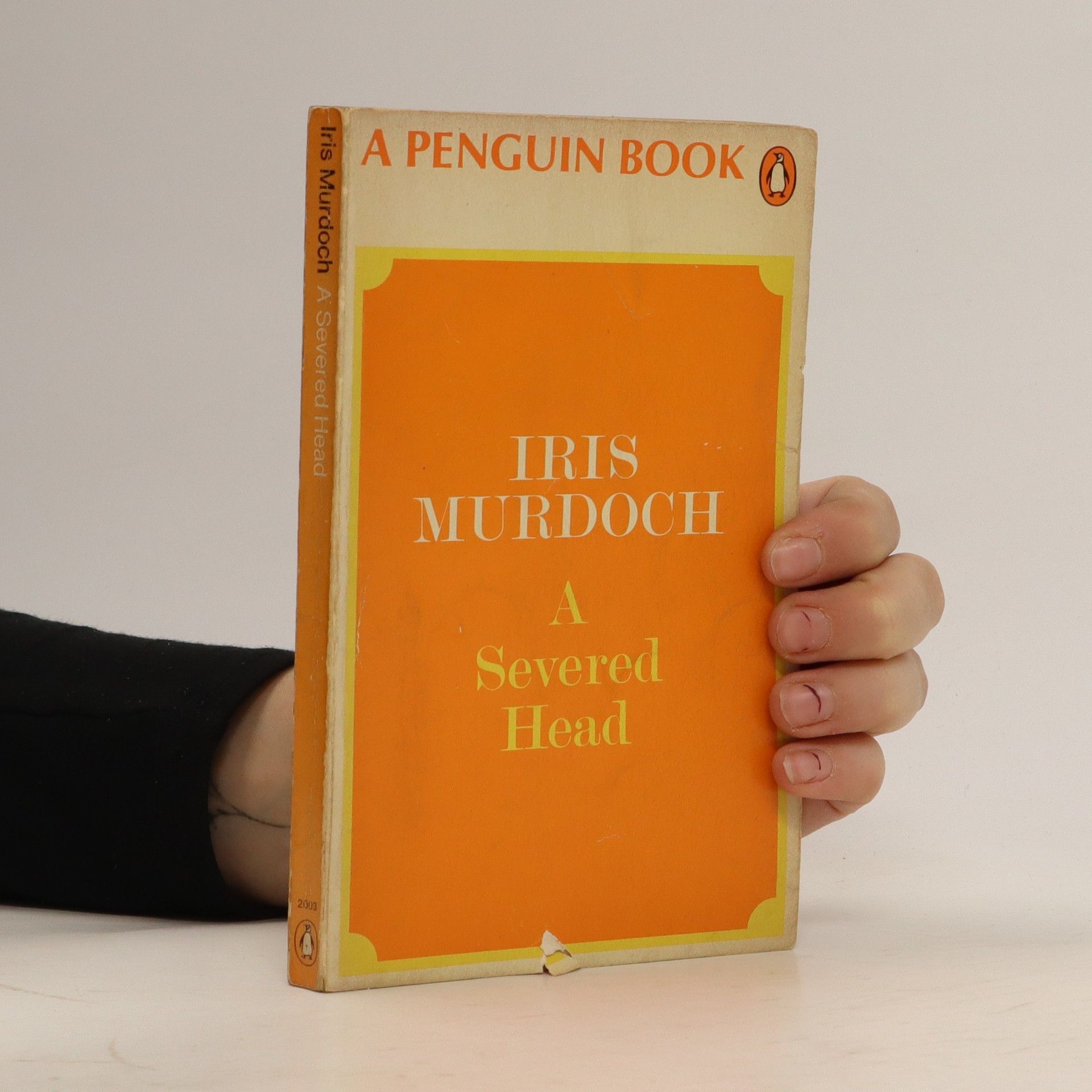
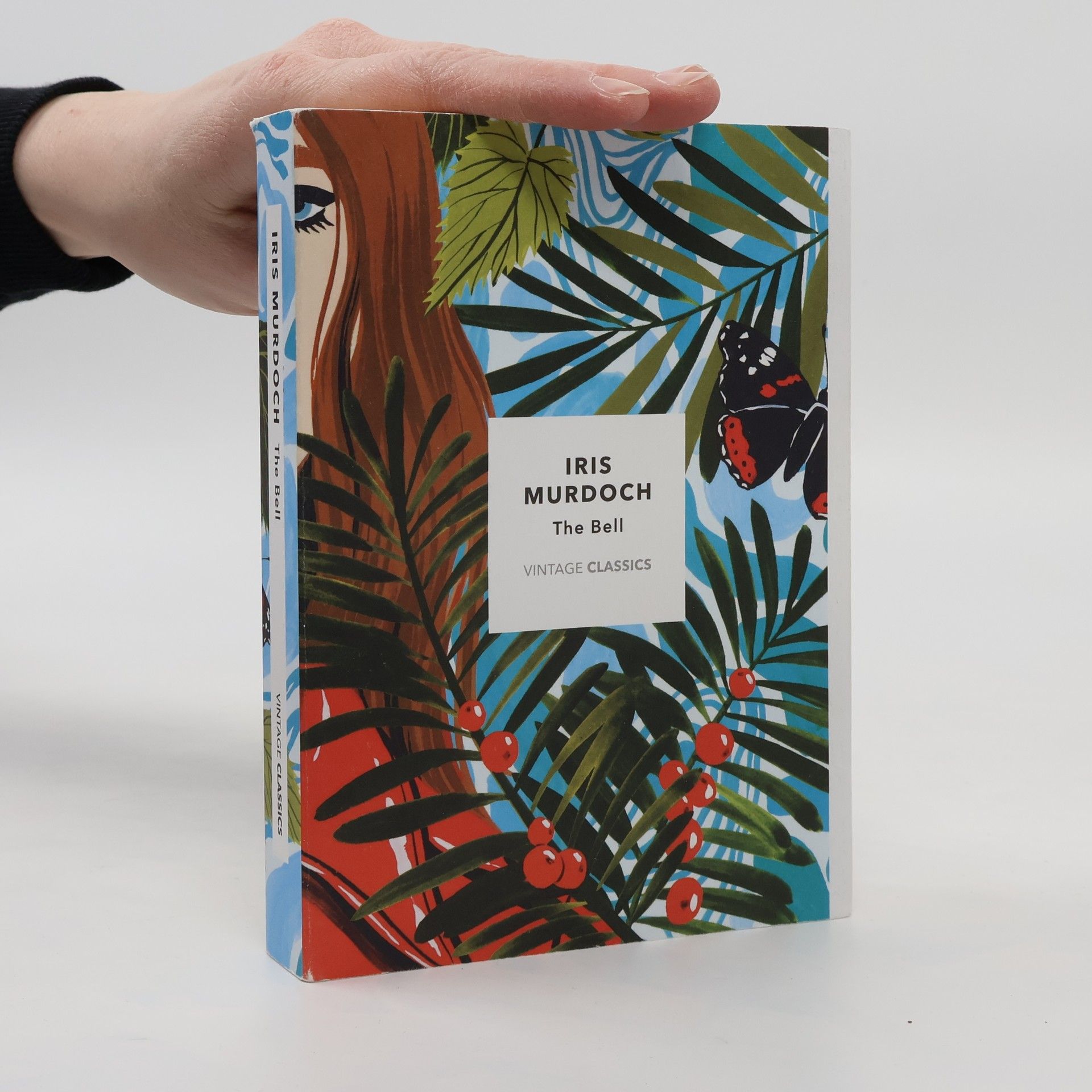


Námetom tejto knihy je láska. Všetky druhy lásky, láska ku všetkému, zrod lásky, dozrievanie, jej spevy, bakchanálie, jej prítomnosť v celom bytí.
The Bell
- 368 stránok
- 13 hodin čítania
Charming, indolent Dora arrives in their midst, and half-unwittingly conjures these submerged things to the surface.WITH AN INTRODUCTION BY SARAH PERRYVINTAGE CLASSICS MURDOCH: Funny, subversive, fearless and fiercely intelligent, Iris Murdoch was one of the great writers of the twentieth century.
As macabre as a Jacobean tragedy, as frivolous as a Restoration comedy, Iris Murdoch's fifth novel takes sombre themes - adultery, incest, castration, violence and suicide - and yet succeeds in making of them a book that is brilliantly enjoyable.
Set in 1950s Dublin, this poignant story follows Yvonne, a spirited Irish woman who yearns for more than the conventional life awaiting her with her suitor, Sam. The narrative explores themes of love and repression, infused with Murdoch's characteristic wry humor and psychological depth reminiscent of Joyce's work. Accompanied by beautiful illustrations from Michael McCurdy, this previously unpublished tale offers a unique glimpse into the author's literary legacy, making it an ideal gift for romantics and literature lovers alike.
Příběh ukazuje nečekanou, ale o to prudší krizi v rodině dosud poklidně žijícího anglického středoškolského profesora.
První román angloirské spisovatelky, vytěžený ze světa londýnské umělecké bohémy. Hrdinou je londýnský intelektuál a bohém, flink s dobrým srdcem a zdravým lidským jádrem. Jeho život je nepřetržitým řetězem divokých dobrodružství a fraškovitých situací. V jejich průběhu zápasí hrdina se světem i sám se sebou o své místo v životě i ve společnosti a vyprošťuje se „zpod sítě“ klamných iluzí a lákavých nástrah. Autorka zde spojuje v jednolitý literární útvar humor s opravdovostí, fantastičnost s reálností.
Existentialists and Mystics
- 576 stránok
- 21 hodin čítania
Best known as the author of twenty-six novels, Iris Murdoch also made significant contributions to the fields of ethics and aesthetics. Collected here for the first time in one volume are her most influential literary and philosophical essays. Tracing Murdoch's journey to a modern Platonism, this volume includes incisive evaluations of the thought and writings of T. S. Eliot, Jean-Paul Sartre, Albert Camus, Simone de Beauvior, and Elias Canetti, as well as key texts on the continuing importance of the sublime, on the concept of love, and the role great literature can play in curing the ills of philosophy. Existentialists and Mystics not only illuminates the mysticism and intellectual underpinnings of Murdoch's novels, but confirms her major contributions to twentieth-century thought.
Living on Paper
- 688 stránok
- 25 hodin čítania
'Love is the extremely difficult realisation that something other than oneself is real' This selection of Iris Murdoch's most interesting and important letters gives us a living portrait of one of the twentieth century's greatest writers and thinkers. Here for the first time is Murdoch in her own words, from her schoolgirl days to her last years. The letters show a great mind at work - we watch the young Murdoch struggling with philosophical issues, often unsure of herself; witness her anguish when a novel won't come together; observe her involved in world events and exploring sensuality. They are full of sharp humour and irreverence. They also reveal her personal life, the subject of much speculation, in all its intriguing complexity: her emotional hunger and her tendency to live on the edge of what was socially acceptable. Gradually, we see how this fed into her novels' plots and characters, despite her claims that her fiction was not drawn from reality. Quite apart from giving these valuable insights, her letters bring us closer than ever before to Iris Murdoch as a person. They make for an extraordinary and intimate reading experience: she is wonderful company.
Iris Murdoch once observed: 'philosophy is often a matter of finding occasions on which to say the obvious'. What was obvious to Murdoch, and to all those who read her work, is that Good transcends everything - even God. Throughout her distinguished and prolific writing career, she explored questions of Good and Bad, myth and morality. The framework for Murdoch's questions - and her own conclusions - can be found here.
